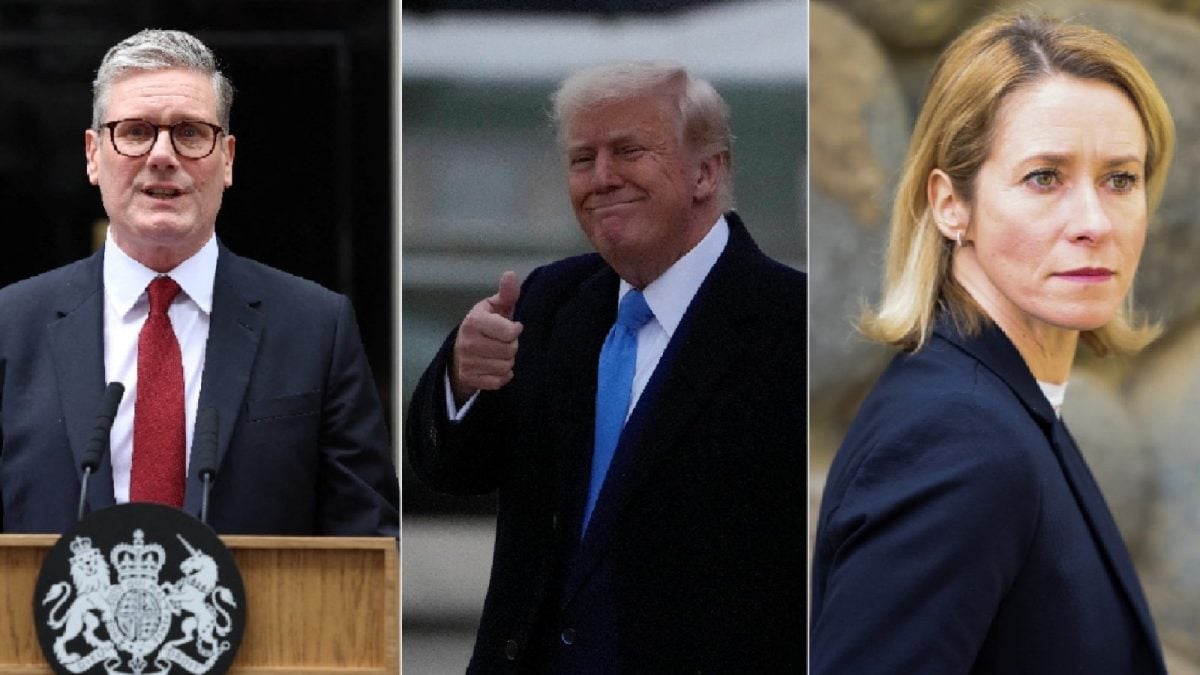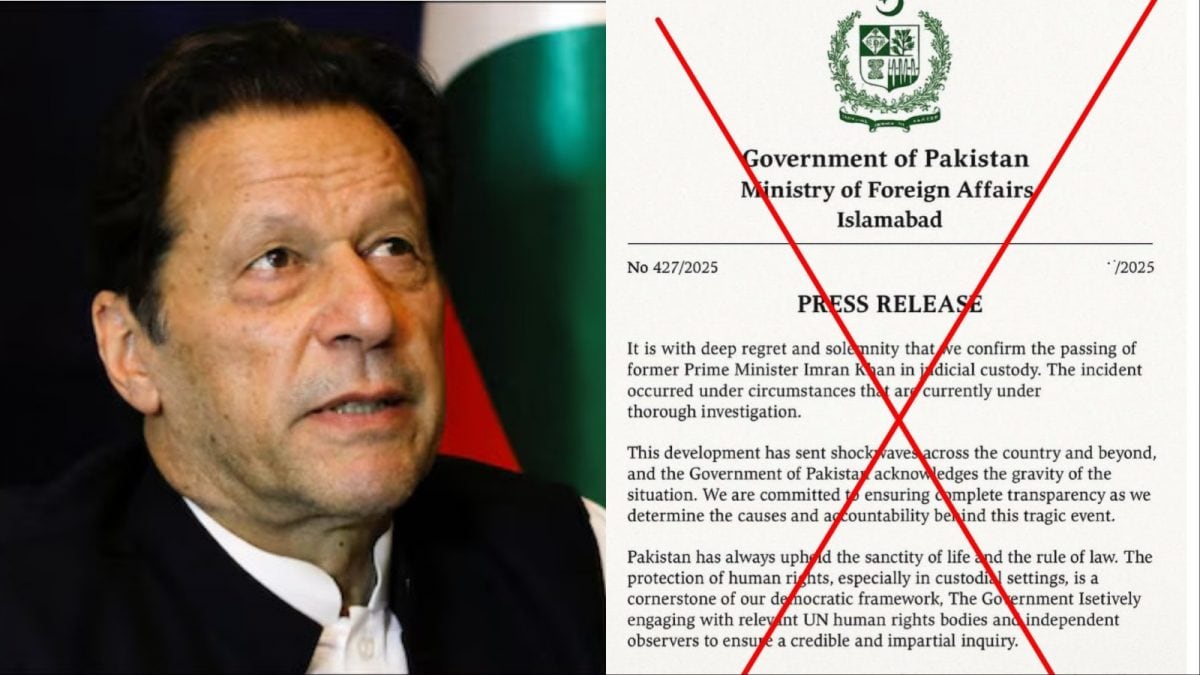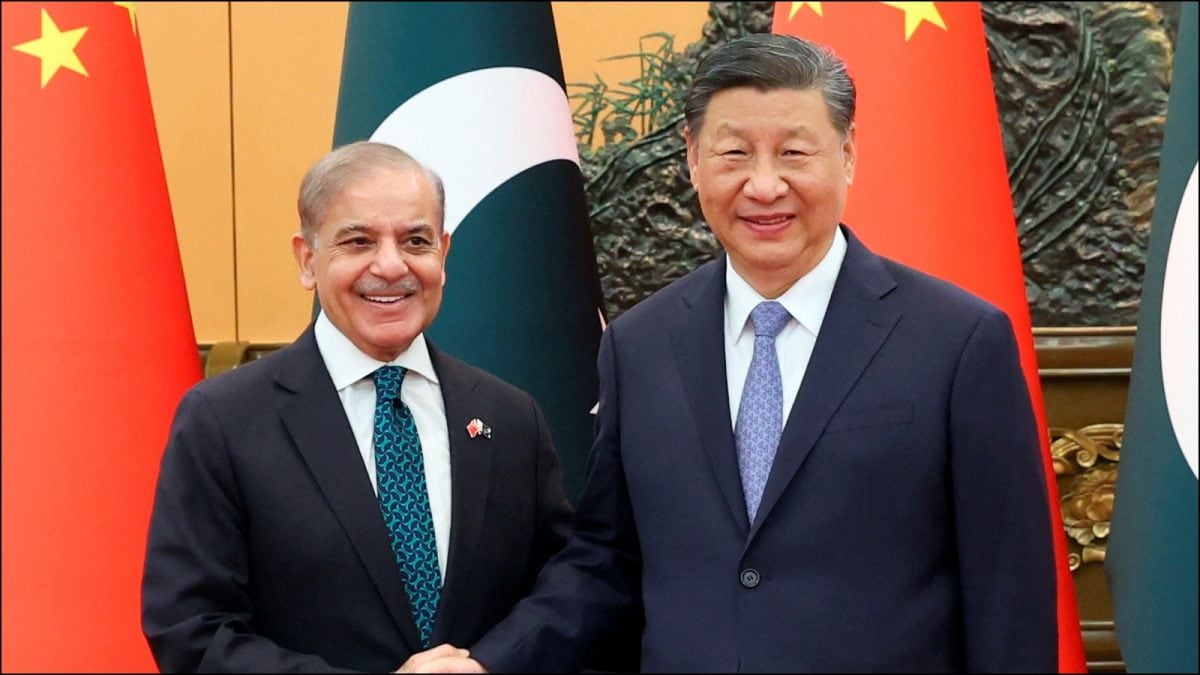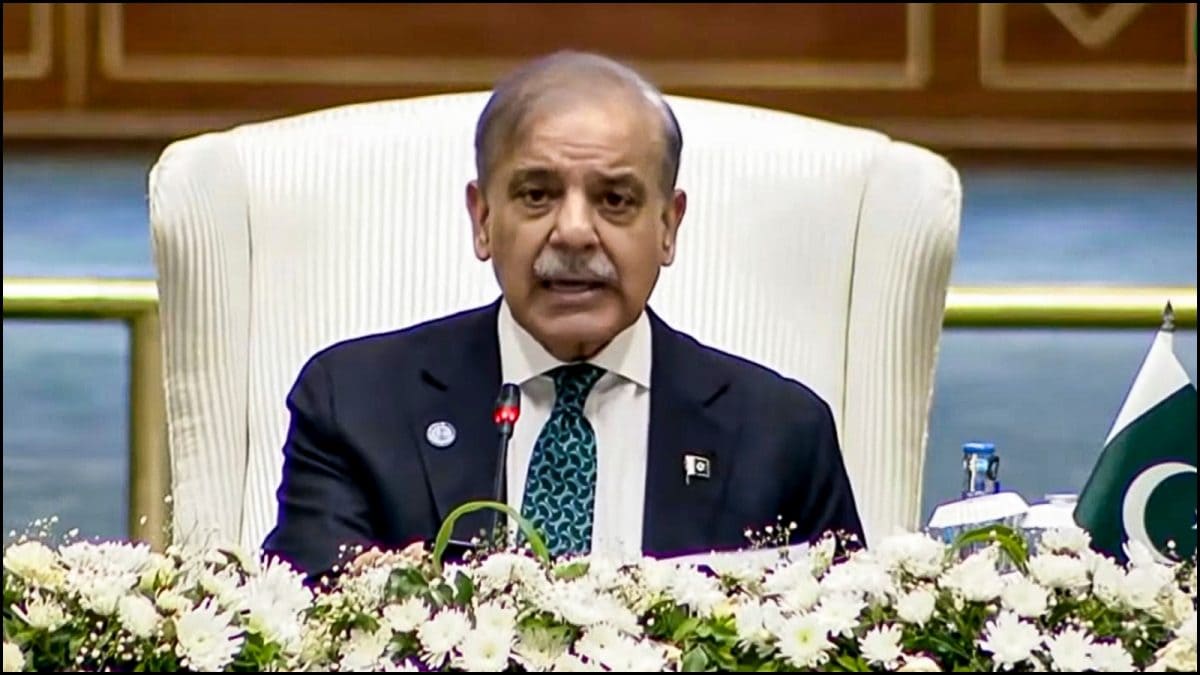Last Updated:April 05, 2025, 09:59 IST
The US immigration process now involves examining social media and public online information to detect potential security risks, prevent unauthorized employment, and verify the authenticity of visa applications.

Representative Image
Heightened scrutiny by the United States immigration officials is leading international travelers to review and manage their online presence before submitting visa applications or arriving in the country.
With public online profiles, social media content, and digital activity now playing a pivotal role in immigration screening processes, experts are asking travelers to exercise caution and consistency across all personal and professional online platforms.
US agencies, including the Department of State, Customs and Border Protection (CBP), and US Citizenship and Immigration Services (USCIS), are now using digital footprint analysis as part of their background checks to detect potential security concerns.
These assessments may affect visa applications, border crossings, and citizenship processes. Immigration lawyers warn that even small differences between online information and visa documents can cause delays, questioning, or being turned away.
This practice started after 9/11 for security reasons and has become stricter in recent years, showing how online behavior affects travel and immigration.
The US immigration process now includes reviewing social media and public online content to identify potential security threats, prevent unauthorised work, and ensure visa applications are genuine.
This enables officials to verify the personal details disclosed during the application process with publicly available data.
The key agencies involved in this include the US Department of State (DoS), US Citizenship and Immigration Services (USCIS) and US Customs and Border Protection (CBP).
DoS handles visa processing and may conduct social media checks during application reviews. USCIS) verifies information for green cards, work permits, and naturalisation applications.
Meanwhile, CBP reviews social media content during inspections at US ports of entry and has the authority to inspect travelers’ electronic devices.
Automated systems identify and flag online content, such as social media posts and profiles, that may suggest unauthorized work, false information, or potential threats to national security.
US Immigration Screens Social Media And Devices For Visa Checks
Immigration law experts say that all visa applicants undergo basic automated social media checks, which use keyword searches, watchlists, and risk assessments. If an applicant is deemed high-risk or triggers an alert, their application is reviewed manually.
There are three types of screenings, which include automated baseline screening, manual review and device inspections at ports of entry.
Automated baseline screening checks for flagged terms and matches to government databases. Manual review is done when inconsistencies are found or when applicants have traveled to high-risk countries.
During device inspections at ports of entry, CBP officers can lawfully inspect the phones and laptops of travelers for content that contradicts visa eligibility or terms.
Legal framework
The power to conduct these checks comes from laws related to immigration and national security, such as the Immigration and ity Act and anti-terrorism Executive Orders. The Trump administration broadened digital screening policies in 2017, and these policies have largely remained in place under subsequent administrations.
Precautions for visa applicants
Visa applicants should treat their digital footprint as an extension of their visa file. Any discrepancies—however minor—may delay processing or lead to denials.
Some of the precautionary steps are as follows:
Align your public online profiles with your application details, such as employment history and stated travel purpose.
Adjust your privacy settings to limit public access to old posts, photos, and tags.
Remove or update old information that may conflict with current visa documentation.
Provide accurate and truthful information in your application.
Consult with a legal advisor if you have complex situations or concerns about past online content."
Location :United States of America (USA)
First Published:April 05, 2025, 09:59 IST
News world Planning To Visit US? Immigration Authorities Keeping Check On Applicants' Social Media To Identify Red Flags

 1 month ago
1 month ago














